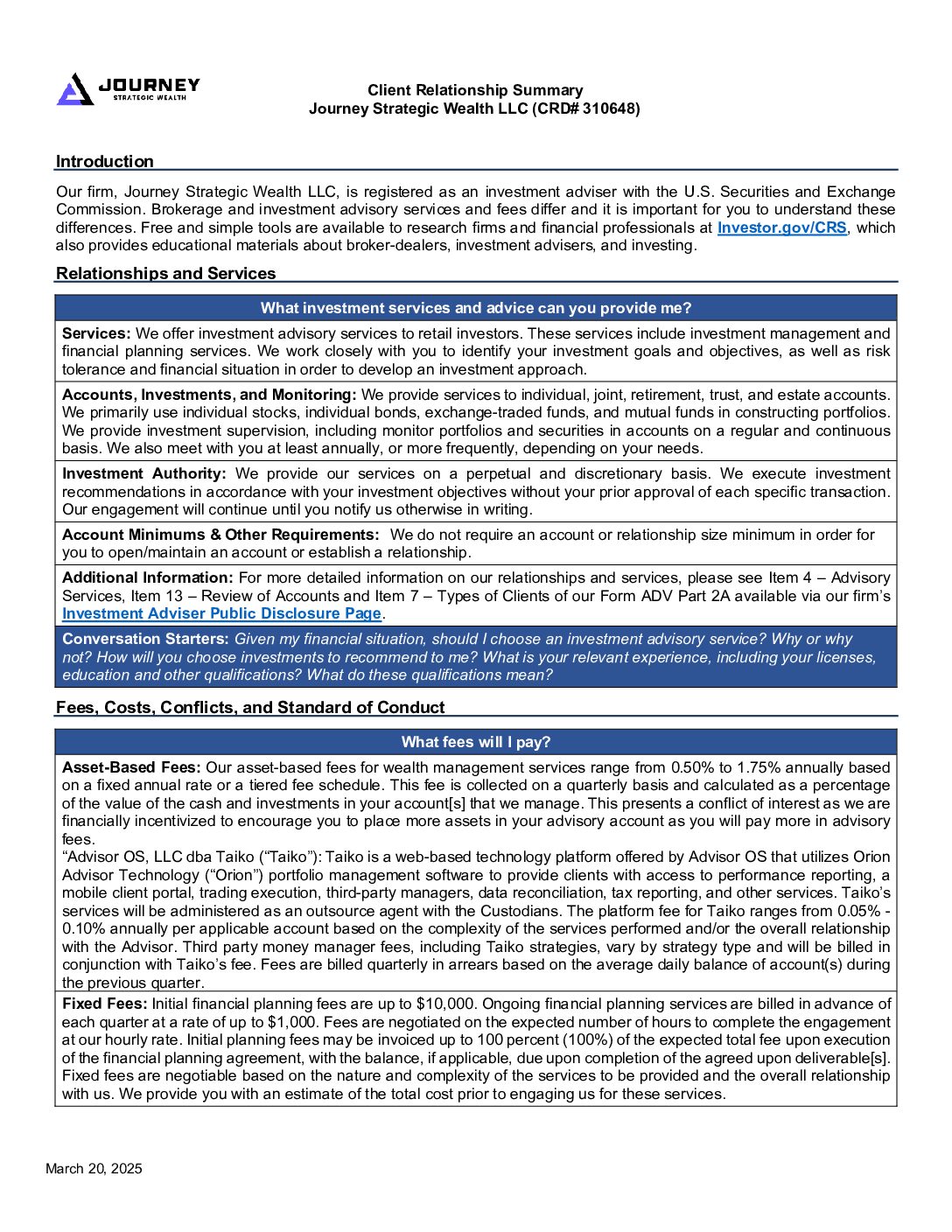Estate Planning for Business Owners: Tax-Efficient Ways to Transfer Your Company to the Next Generation
It’s never too early for business owners to start thinking about their business’s future sale or transfer. In fact, the longer the lead time, the more opportunity you have to prepare yourself, your business, your employees, and potentially even your successor.
Here are a few key considerations business owners should keep in mind when preparing to sell their business.
When should you start making a transfer plan?
Transferring such a sizable and important asset as your business is no easy feat, and it will take more planning and strategizing than you may realize. But with the right amount of preparation, you and your financial team are more likely to reduce your tax burden, facilitate a smooth transfer to the new owner(s), and protect the integrity of your business.
While you can think about your exit strategy anytime, you’ll likely need to start seriously preparing your transfer plan about a year before you’d like to exit the business. This runway should give you, your advisor, and your company ample time to strategize and prepare.
Who are you selling to?
One of the first major decisions you must make is who to sell or transfer your business to.
If you run a family-owned business, a natural next step would be to transfer ownership to your children or grandchildren — especially if they’re already heavily involved in the business. Selling to family can be especially appealing for business owners who want to stay involved in a lesser capacity, perhaps as a consultant or board member.
Sometimes, family members aren’t involved in the business, or you don’t believe they’re a good fit for one reason or another. If you’re not planning to sell to family but still want to involve people you know and trust, you may choose to sell to an employee or group of employees. Because they’re already familiar with the business, selling to an existing employee can help ensure a seamless transition for team members and customers.
Or, you may want to sell to a third-party business or person. Business owners are often more comfortable selling to trusted peers or colleagues who are knowledgeable about the industry and have their own business experience.
It’s important to put a lot of thought into who you’d like to sell to, as it can greatly impact the transfer process and future involvement in the business.
Structuring a sale
There’s more than one way to sell or transfer your business to new owners. If you’re transferring it to your kids or grandkids, for example, you may decide to gift your shares of the business to your family members. The federal estate and lifetime gift tax exemptions are high, which means this could be a tax-efficient option.
By gifting your shares of the business, however, you don’t receive a payout as you would with a traditional sale. Depending on the agreement with your family, you may still receive a portion of the business’s future profits.
With a traditional sale, you sell your business and receive a one-time, lump sum payout. For many business owners, this lump sum accounts for a substantial portion of their future retirement income. This type of sale can result in a hefty tax bill since you’ll likely be obligated to pay long-term capital gains tax on any income earned. Some states also tax capital gains as income, though this will depend on where you live.
Another option is to choose a structured sale. Rather than receive your entire lump sum payout at one time, you’d receive partial payments over time. These types of deals can be structured in a number of different ways, but let’s say you sold your business for $1 million as a structured sale. According to the terms of the sale in this example, you’d receive half up front ($500,000), and the remaining $500,000 would be distributed in equal amounts each year for the next 20 years.
By distributing your profits over time, you can spread your tax liability (and possibly even reduce it) across multiple years — while creating a steady income stream for yourself.
Think about your future
Taxes aside, consider how you want your involvement with the company to continue. If you’re sure you want to stay involved but don’t want to be in charge of the day-to-day operations, you’ll need to stipulate that in the contract. When selling to family or employees, this may be more doable than selling to a third party. But if you’d like to walk away completely, perhaps selling to a knowledgeable outside professional who already has ample industry experience makes sense.
You’ve spent years building up a business that you’re proud of. When it comes time to sell, your business deserves a thoughtful and well-executed transition plan. If you need help reviewing your options and facilitating a smooth transition to the next generation of owners, we encourage you to contact Journey Strategic Wealth Advisors today.
This material is distributed for informational purposes only. Investment Advisory services offered through Journey Strategic Wealth, an investment adviser registered with the U.S. Securities and Exchange Commission (“SEC”). The views expressed are for informational purposes only and do not take into account any individual’s personal, financial, or tax considerations. Opinions expressed are subject to change without notice and are not intended as investment advice. Past performance is no guarantee of future results. Please see Journey Strategic Wealth’s Form ADV Part 2A and Form CRS for additional information.


























